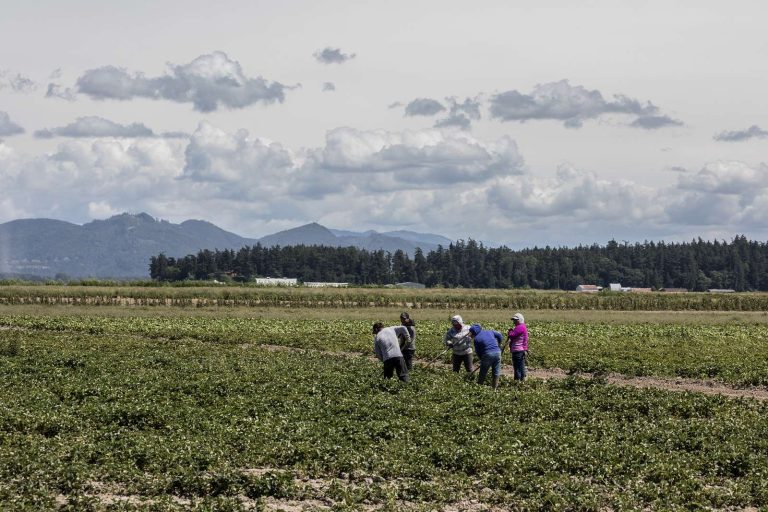Much of this work is guided by an important reality: Not all communities in the Northwest are experiencing the effects of climate change equally. Nor are the most vulnerable communities able to access the many resources available in Puget Sound.
We know, for example, that heat-related deaths, which tend to spike when average temperatures reach or exceed 90 degrees Fahrenheit, are overrepresented among people who work in agriculture and in construction. These are industries served significantly by people of color.
It should not surprise anyone that members of “frontline communities” bear the brunt of a changing climate. These are communities, according to King County, that have “populations that often experience the earliest and most acute impacts of climate change, face historic and current inequities, and have limited resources or capacity to adapt.”
In some cases, frontline communities lack the know-how and access to high-quality resources that could help them meet certain climate-related challenges.
This came up in a recent conversation I had with Amy K. Snover, director of the Climate Impacts Group at the University of Washington. At its core, the climate group seeks to equip the public with the best available science and insight needed to make decisions about climate change. Central to the climate group’s mission is capacity-building for a variety of stakeholders, including members of frontline communities. In recent years, for example, the group has worked with Indigenous communities on matters ranging from natural resource management to assessing risks faced by important animal species and their habitats.
But there are limitations to this important work of climate preparedness. One challenge is that many who could or would benefit from the type of decision support the climate group provides don’t know it’s available. This is partly a function of the climate group’s limited resources to scale this work to serve more people. Simply raising awareness of its availability won’t necessarily mean that those who most need it will be able to get it.
Another challenge is that communities may not seek out this type of support until they’ve already experienced, directly, the worsening effects of climate change. Snover, the climate group director, points to the rising awareness of climate hazards among communities in Eastern Washington and other rural parts of the Northwest. While in our immediate region the reality of climate change and its negative impacts are widely recognized, communities in other parts of our region are only just beginning to reckon with our dire climate reality. Drought, for example, is becoming a regular threat in drier parts of the state, and climate change will continue to threaten our water sources.
A 2018 report produced by the climate group in collaboration with the UW department of environmental and occupational health sciences, Front and Centered, and Urban@UW, posed this central question: “Who is at risk in Washington state from climate impacts, and why?” It aimed to engage community stakeholders and integrate their knowledge with existing research on climate preparedness. An important part of the climate group’s work, this approach encourages those who seek the group’s support to be active participants in shaping and implementing plans to increase climate resilience. It acknowledges that frontline communities are not merely victims but in fact have a lot to offer given their direct experience. As King County’s definition of frontline communities recognizes, our most vulnerable neighbors “have the knowledge, skills, capacity, and social and political capital to equitably adapt, lead and thrive in a changing climate.”
We are thankful that our region is trying to meet the monumental challenge before us, but the work can’t be left to only the Climate Impacts Group and others like it. We, individually and as communities not as yet severely impacted by climate change, have a role to play as well. How we vote, who we vote for, what ballot measures we support and what we are willing to fund or be taxed for — these all contribute to the collective climate-change reality we now face. With our personal and political choices, we should make it a priority to support those who are already supporting people most threatened by climate change.
Continue reading at Crosscut.
